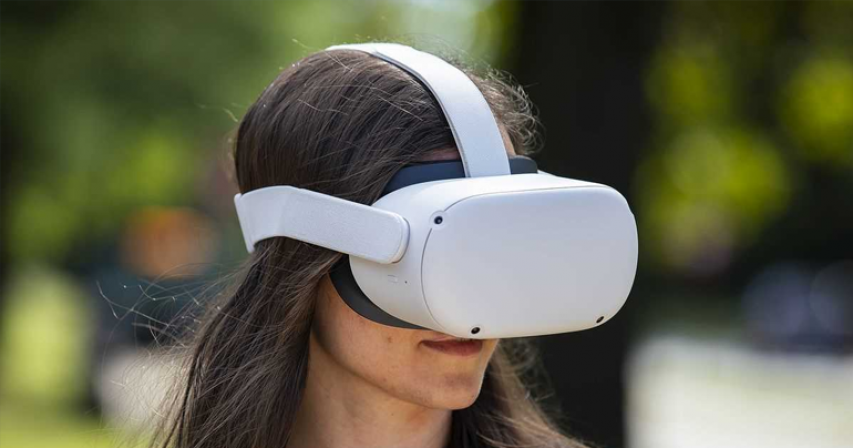Worldwide VR headset shipments expanded 52.4% year-on-year in the first quarter of 2021, according to IDC.
Global virtual reality (VR) headset market grew in the June ending quarter led by all-in-one VR solutions, like Facebook’s Oculus Quest 2, which are increasingly being used for activities such as gaming and fitness.
Worldwide VR headset shipments expanded 52.4% year-on-year in the first quarter of 2021, with standalone headsets featuring an all-encompassing design, capturing 82.7% share during the quarter, according to a report by research firm IDC.
While consumer awareness of VR is increasing due to gaming and other activities, companies like Facebook have made the tech more accessible, IDC noted.
“Oculus has singlehandedly driven growth in the market as the company managed to capture almost two-thirds share of global VR headset shipments during the quarter,” Jitesh Ubrani, Research Manager at IDC, said in a statement.
While Oculus took the top spot in the VR headset market, two Chinese companies DPVR and Pico also performed well during the June ending quarter. DPVR captured second place with its shipments growing 108.6% year-over-year, and Pico bagged the third position with its shipments expanding 44.7% year-on-year. HTC and Sony completed the top five VR headset companies.
According to IDC, VR headset shipments are projected to grow 28.9% year-over-year in 2021, considering the supply-side constraints, as some vendors will struggle with component shortages during the year.
Although, long-term outlook remains strong as global shipments are forecast to grow to 28.6 million in 2025 with a five-year compound annual growth rate of 41.4%, the research firm noted.
“The commercial use cases for virtual reality continue to proliferate,” Tom Mainelli, GVP, Device & Consumer Research at IDC, said in a statement. “As companies continue to plan for a future that encompasses a combination of both in-person and remote work, we see VR playing an increasingly important role in driving next-generation collaboration, training, and digital events.”
Besides, market leader Facebook last month said that it will start testing advertisements in its Oculus VR headsets.
“I believe that augmented and virtual reality are going to enable a deeper sense of presence and social connection than any existing platform,” Facebook CEO Mark Zuckerberg, said during an earnings call in April. “And they’re going to be an important part of how we’ll interact with computers in the future.”

Comments